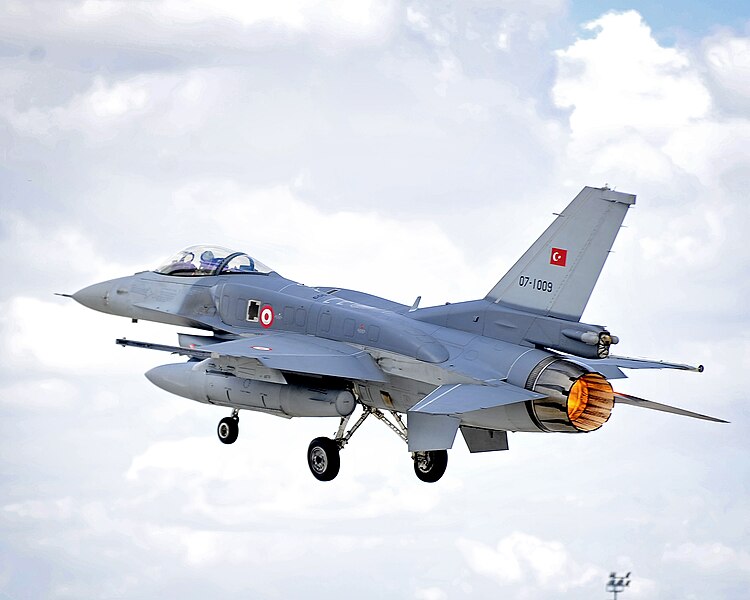
Turkish airstrikes in drought-stricken north-east Syria have cut electricity and water access for over one million people. Experts warn these actions may constitute violations of international law.
The attacks targeted key infrastructure in Kurdish-controlled regions, exacerbating hardships in a region already devastated by years of civil war and extreme drought fueled by climate change.
Between October 2019 and January 2024, Turkey launched over 100 strikes on oil fields, gas facilities, and power stations in the Autonomous Administration of North and East Syria (AANES), according to BBC World Service data. Among the affected infrastructure is the Alouk water station, which ceased operation in October 2023 following strikes on electricity supply lines. The facility, crucial to the water supply of Hassakeh province, has yet to be restored.
More than one million residents now rely on water transported by tankers from sources 12 miles (20 kilometers) away. However, the deliveries are insufficient, leading to fierce competition among residents. "Water is more precious than gold here," said tanker driver Ahmad al-Ahmed, describing the desperation of those waiting for deliveries. Some residents have resorted to threats and altercations in their struggle for access.
Turkey has defended its actions, stating that the strikes targeted "sources of income and capabilities" of Kurdish groups it considers terrorist organizations, such as the People’s Protection Units (YPG) and the Kurdistan Workers’ Party (PKK). Turkish officials have also cited poor local water management and infrastructure neglect as contributors to the crisis. However, critics argue that targeting civilian infrastructure contravenes international law.
In a statement, Turkey emphasized that "civilians or civilian infrastructure were not among our targets and have never been." Despite this, Foreign Minister Hakan Fidan previously declared energy facilities associated with the PKK and YPG as "legitimate targets" of Turkish operations.
The impact of the strikes has been devastating. Satellite imagery analyzed by NASA confirmed widespread power outages following the attacks, further crippling water supply systems. The UN and humanitarian organizations have documented the consequences of these disruptions, with a February 2024 report suggesting that the strikes on electricity infrastructure could constitute war crimes.
Legal experts echo these concerns. Aarif Abraham, a barrister at Doughty Street Chambers, noted that the attacks had "a devastating impact on civilians" and might represent "severe violations of international law." Similarly, Patrick Kroker from the European Center for Constitutional and Human Rights called for formal investigations into the alleged breaches.
The ongoing drought in north-east Syria has significantly worsened the situation. Since 2020, the region has experienced an extreme agricultural drought, with average temperatures in the Tigris-Euphrates basin rising by 2°C over the past 70 years. The once-reliable Khabour River has dried up, forcing reliance on the now-defunct Alouk water station.
Turkey’s 2019 military operation in the Ras al-Ain area, where Alouk is located, further complicated water access. The region’s water supply has since faced repeated disruptions, with the UN documenting at least 19 interruptions between 2019 and 2021. Critics argue that Turkey’s control of Alouk was used as leverage against the AANES, amplifying civilian suffering.
International pressure is mounting for accountability and humanitarian relief. Lawyers and human rights organizations urge prosecutorial authorities to investigate the strikes. Meanwhile, Turkey has rejected allegations of wrongdoing, maintaining that its operations comply with international law.
As the conflict continues, over a million people in Hassakeh remain reliant on inconsistent water deliveries, facing an uncertain future in a region ravaged by war, drought, and geopolitical conflict. Photo: SAC Helen Farrer RAF Mobile News Team/MOD, Wikimedia commons.









































